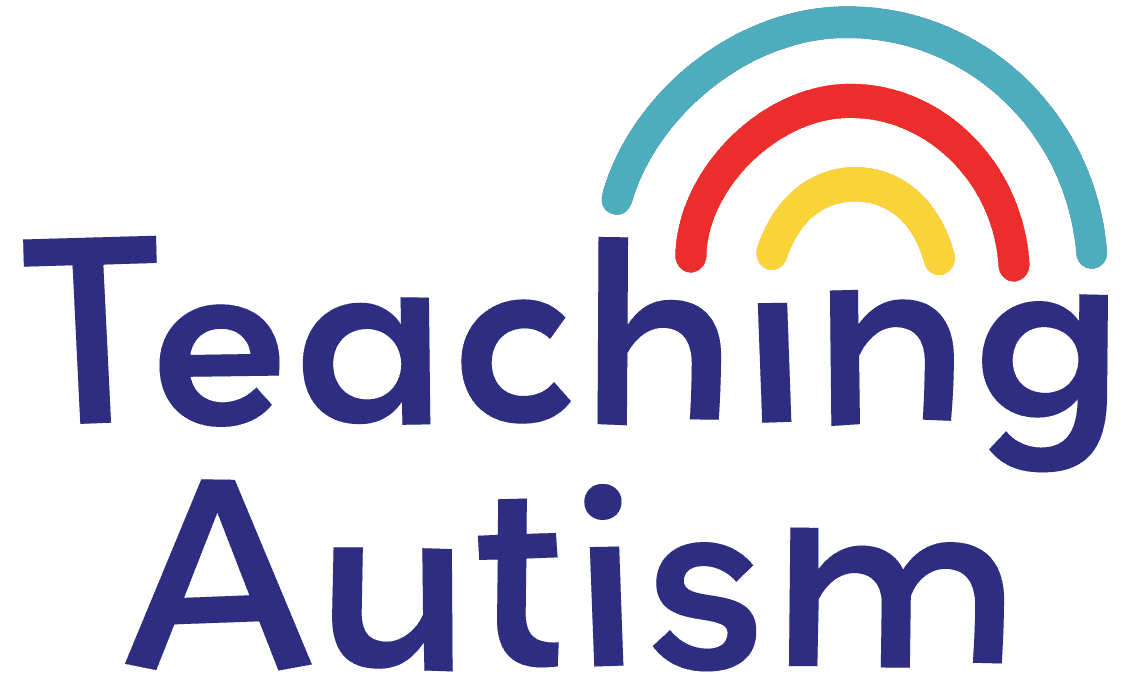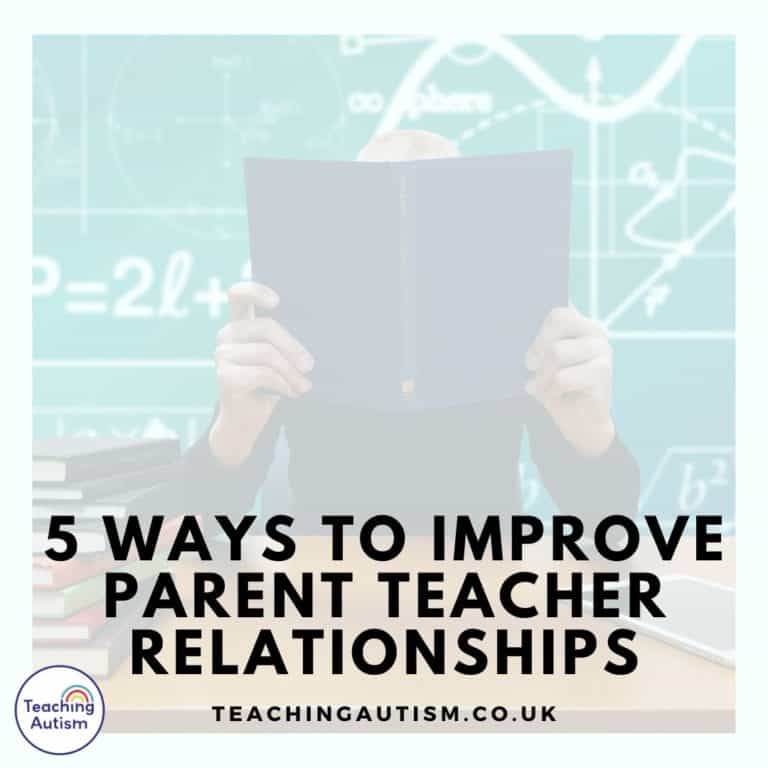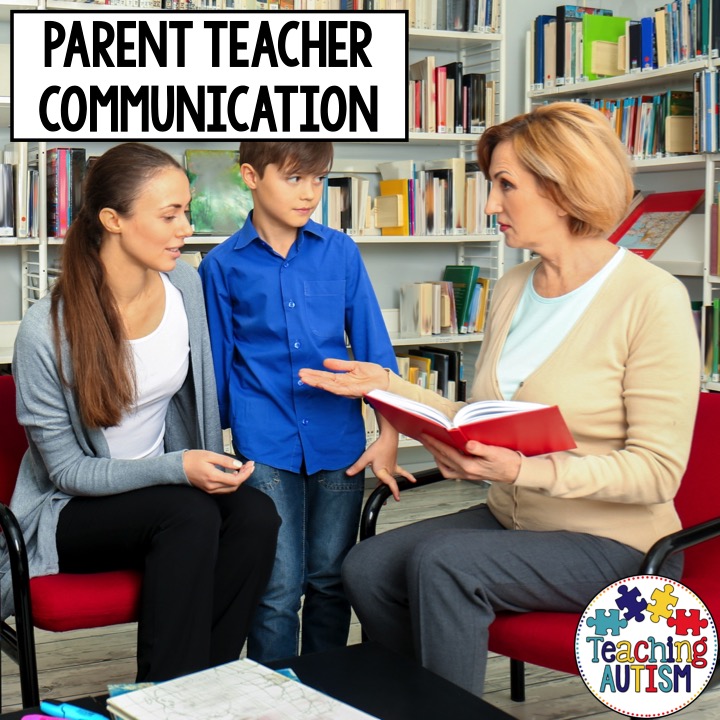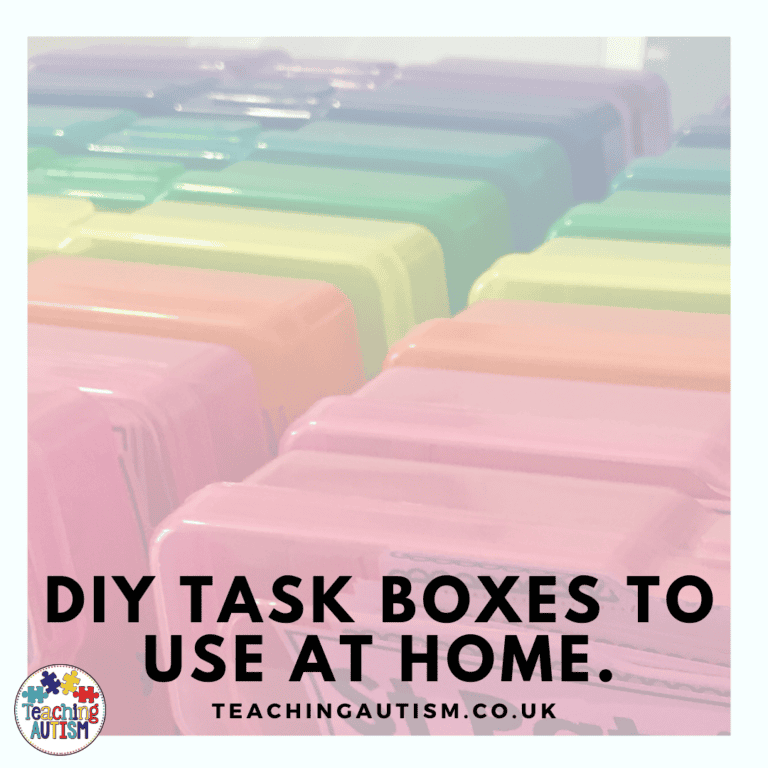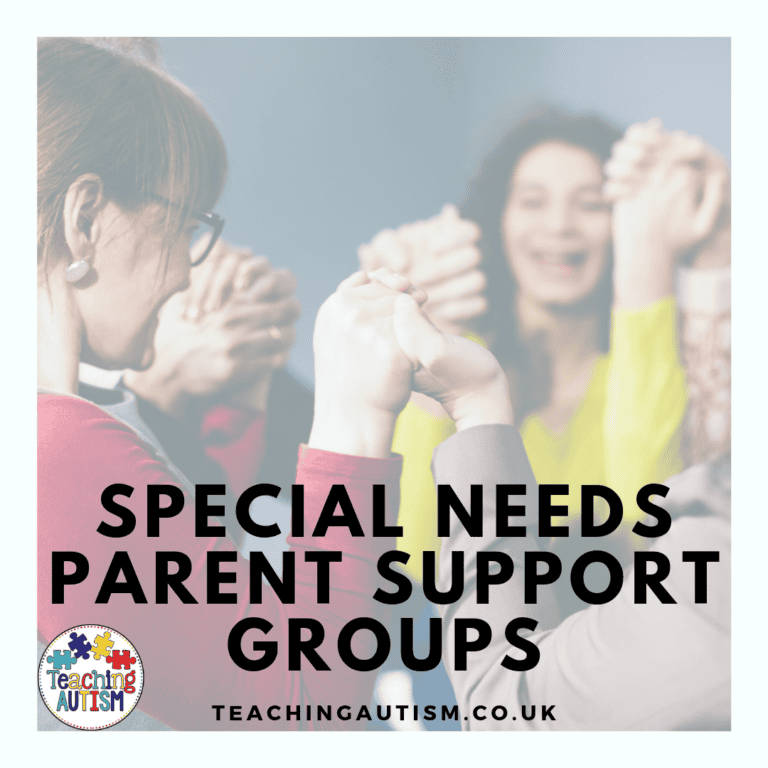When Will My Autistic Child Talk?
One of the most common questions I get asked. ‘When Will My Autistic Child Talk?’ This is especially common after a diagnosis has been confirmed. And honestly, there’s no answer I can give. Your child mays tart babbling, they may one day talk and never stop talking – they may never talk. This may not be what you want to hear. I know you’re probably hearing hoping to have answers, or strategies to get your child to talk. I feel you. I know how hard it is when you just want to hear your child’s voice – and you can’t.
Children who are diagnosed with autism but don’t talk are usually referred to as ‘non-verbal.’ However, in recent years, therapists have started to change this to ‘pre-verbal’ instead. Because many children do start to make some form of verbal communication later on.
The hardest part, is being around other children who are all babbling away to their parents. I hear so many times from other parents that this is one of the hardest things for them. Watching other kids. The best people to talk about this – are other parents. You might think professionals – and they are great, full of knowledge. And this is very true. But other parents are a fantastic source of information. There will be parents out there who have felt exactly like you. They’ve had the same or similar experiences. It’s great to be able to talk to parents who have older autistic children, who have been through different stages of life with them and they can offer you advice.
So, I got together with some parents and asked their thoughts on this topic.
Speech and Language
One of the defining characteristics of Autism is problems with speech and language. Many individuals with autism will have a speech delay. Also, many adults with autism may actually not use speech. But, they may communicate with you in other ways. You will be able to get extra support for your child with their speech and language. Talk to your class teacher, local autism charity, speech and language therapists. They’ll be able to help put together a program for you to use with your child – both at home and in school – to help them with their speech and language skills.
Communication
Many of our children may not speak, but they do communicate in other ways. These can be gestures, emotions, looking at what they want, guiding you to take you to what they want, as well as using sign language and picture exchange programmes. Some forms of communication like picture exchange programmes can help aide communication and can contribute to helping children talk.
Echolalia
Some children may talk, but they may not communicate appropriately or understand what they are saying. Many children will repeat what they hear but they don’t understand what they’re saying. This is echolalia. Children may also memorise words or phrases that they have heard in situations and then repeat them during a similar situation at a later time. They may not necessarily know what they’re saying – they just remember that it’s something that was said in a similar situation before.
Give Them Time
When a child doesn’t instantly reply or talk back to us, we feel like we should talk to them again. Give your child time to process the communication that has just taken place. We usually count to 20 in our heads before trying again.
Too Much
Sometimes we use too much language – or we talk too fast. Slow down and use simplified and less language. This helps your child understand better, which will in turn help them find it easier to copy words or use verbal communication.
Interests
Most of our children have interests. Use these as a way to start verbal communication. This could be sounding out the name of their favourite character/toy. Making noises that are linked to their interests. Provide them with opportunities to communicate about their interests.
Meaningful
Some of our children have started to say words that are meaningful to them. Or words that are meaningful for a situation. However, they can’t always build on this to make sentences, or conversations. This may often be words like ‘drink’ ‘help’ ‘toilet’ ‘toy’ etc. These are still successful ways of communicating.
How Can I Help Them Talk?
- Encourage the use of vocabulary. Talk to your child often. The more they are exposed to language, the more they will understanding.
- Offer opportunities to copy you – either sounds, noises, letters or words.
- Use incidental language – when you pass them something, say it’s name, i.e ‘Apple’ ‘Biscuit’ or even when you are doing something ‘Walking’
- Copy them. We have a lot of children who LOVE when we copied the noises/sounds that they make. This encourages the socialising and communication. It can also help encourage them to start sounding out other words by copying you back.
- Sing songs, nursery rhymes and make vocalisation fun.
- Read books together. Make words interesting and fun.
- Be patient. Don’t force it. You can try to help your child talk – but the reality is, they may never talk. However, that’s not to say you shouldn’t try. I’ve got personal experience of a child who went from being completely non verbal to being constantly verbal and talks at every opportunity. The secret? Hard work and patience.
The main thing is to get your child communicating. It doesn’t matter if this is verbally or by using another form of communication. So long as they can communicate with you – this is the key.
I think more research still needs to be done – if possible – to find out more about nonverbal autism. One of my favourite ways to find out more about topics is to talk to autistic individuals on Twitter using the hashtag #ActuallyAutistic – there are so many friendly, helpful people on there who will be happy to answer your questions.

